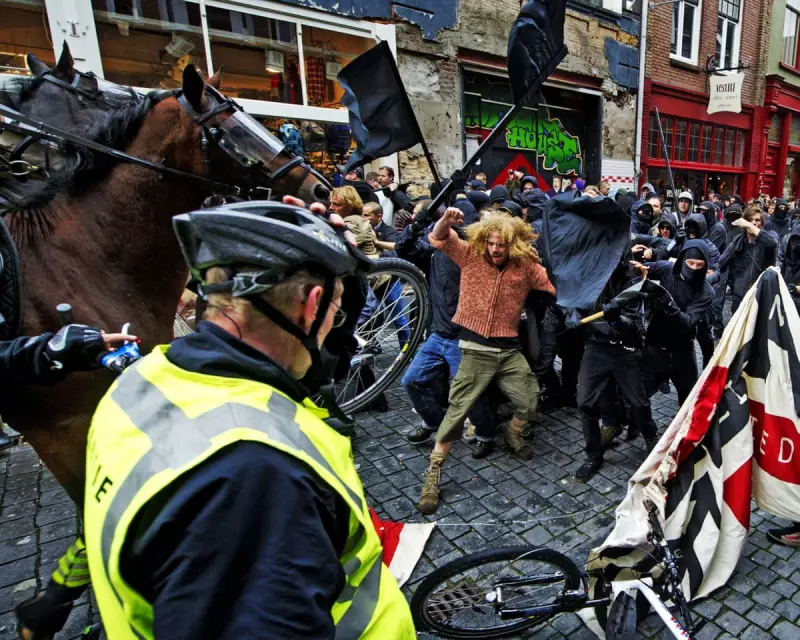
Amsterdam, a city renowned for its picturesque canals and liberal values, has become the battleground for a bitter property conflict that pits homeowners against determined squatters. The tension has reached boiling point following the implementation of a controversial new law that has fundamentally altered the rules of engagement in the Dutch housing crisis.
The New Legal Landscape
The Dutch government's recent legislative changes have effectively declared war on squatting, empowering property owners with unprecedented rights to reclaim their spaces. This dramatic shift in policy has transformed what was once a tolerated practice into a criminal offence, sparking outrage among housing activists and civil liberties groups.
Frontline Reports: A City Divided
On the streets of Amsterdam, the new law has created a palpable tension. Homeowners, armed with legal backing, are taking direct action to evict squatters from properties they claim as their own. Meanwhile, squatters argue they're fighting for a fundamental human need in a city where affordable housing has become increasingly scarce.
The Housing Crisis Catalyst
At the heart of this conflict lies Amsterdam's severe housing shortage. With property prices soaring and rental markets becoming increasingly inaccessible, many see squatting not as criminal activity but as a necessary response to economic desperation. The city's famous tolerance is being tested as both sides dig in for what many fear will be a prolonged struggle.
A Clash of Ideologies
This isn't merely a dispute about property rights—it's a fundamental clash of values. On one side, property owners defend their right to secure investment and shelter. On the other, squatters and their supporters champion the idea that housing should be a basic human right, not a commodity subject to market forces.
The Human Cost
Behind the legal arguments and political posturing are real human stories. Families facing eviction, homeowners fearing for their properties, and a community struggling to reconcile Amsterdam's progressive ideals with the practical realities of urban living. The emotional toll on all involved cannot be overstated.
As the standoff continues, Amsterdam finds itself at a crossroads. The outcome of these 'squatter wars' may well define the city's character for generations to come, testing the limits of Dutch tolerance and the very meaning of property rights in modern urban society.





